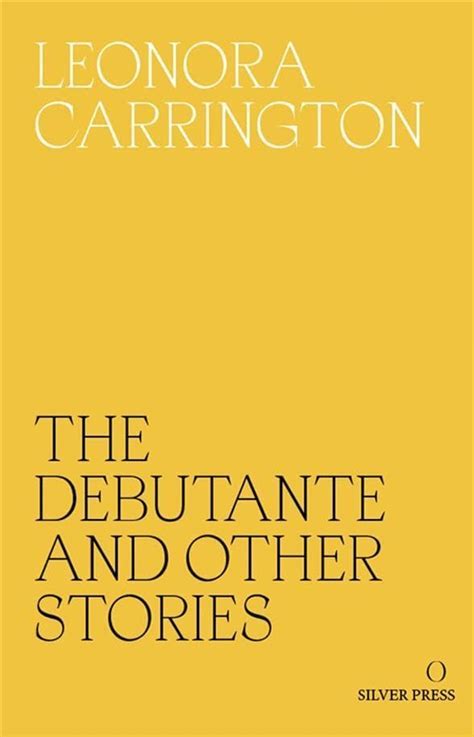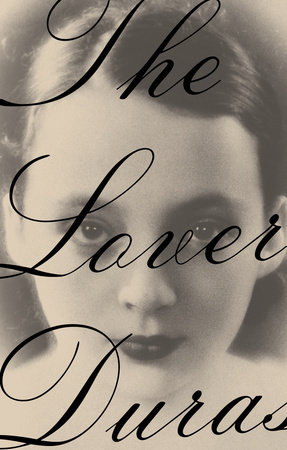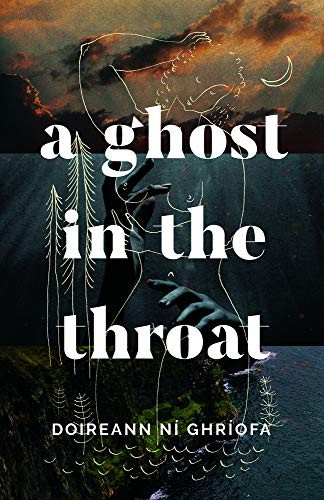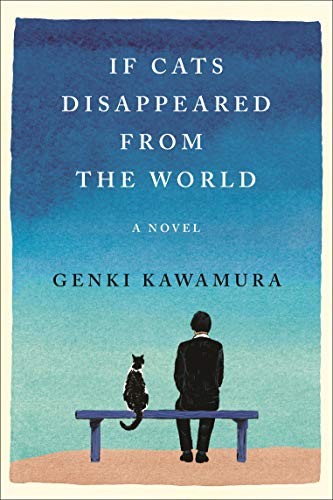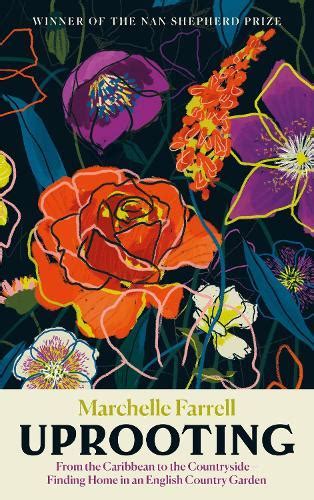What begins as a book about an idyllic cottage garden quickly deepens into a complex narrative about healing the ancestral trauma of slavery and ongoing institutional racism while surviving a pandemic. I particularly appreciated Farrell’s discoveries regarding the ‘invasive’ plants and common English garden plants that were actually colonial imports. Farrell’s lyrical exploration of being othered by the idea of ‘Englishness’ is something I understood, also being an immigrant, though I am white and this has saved me from the worst aspects of British xenophobia. This is also a book for anyone who is breaking ground—in a country garden—or on a patio or sterile patch of grass as I am now doing. An inspiring meditation on gardening, an important work of anti-colonial literature, and sublime piece of nature writing



![[The Bone Clocks] By David Mitchell The Bone Clocks](https://bookwyrm-social.sfo3.digitaloceanspaces.com/images/covers/62f7a508-be0d-4eb3-bf54-8f6e54134724.jpeg)
